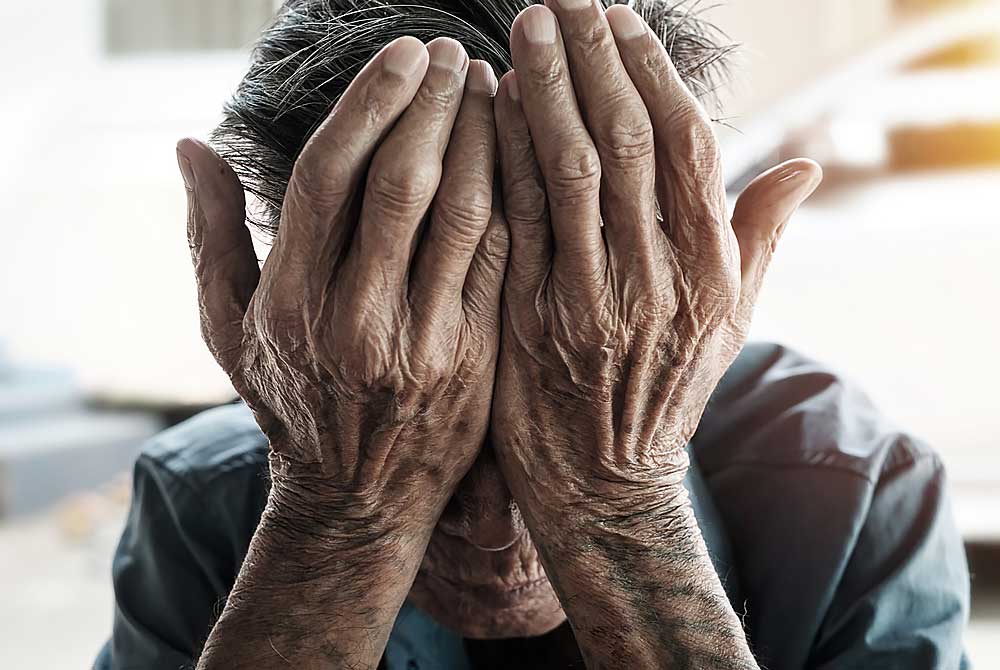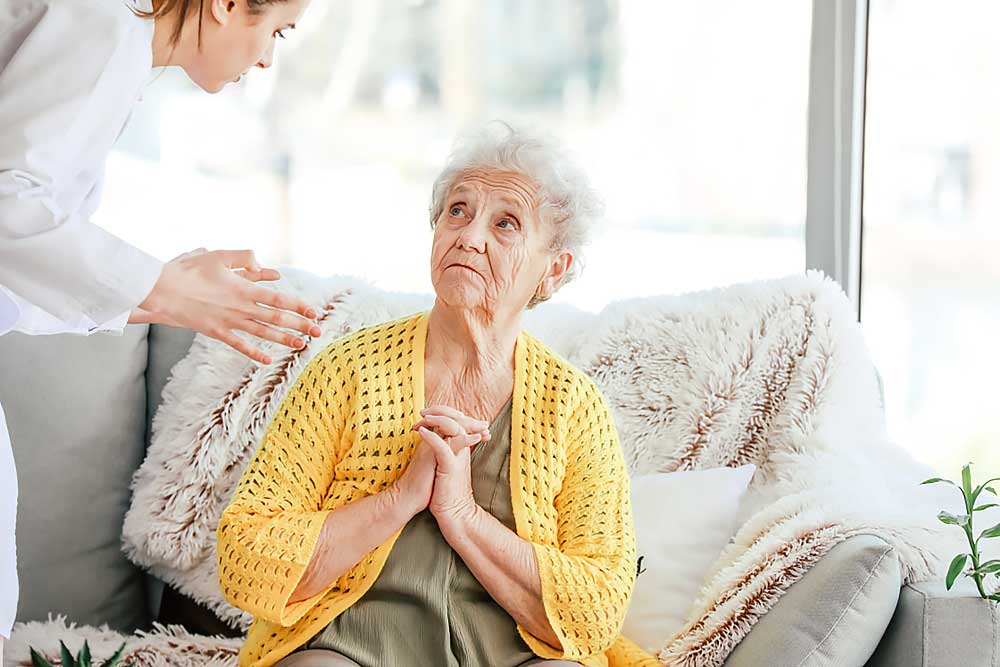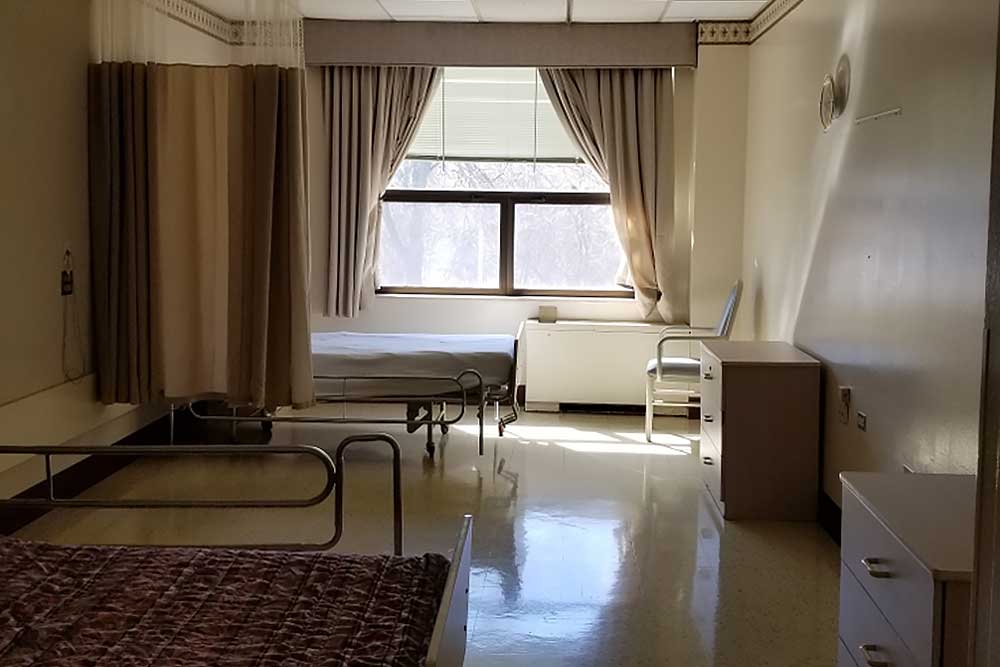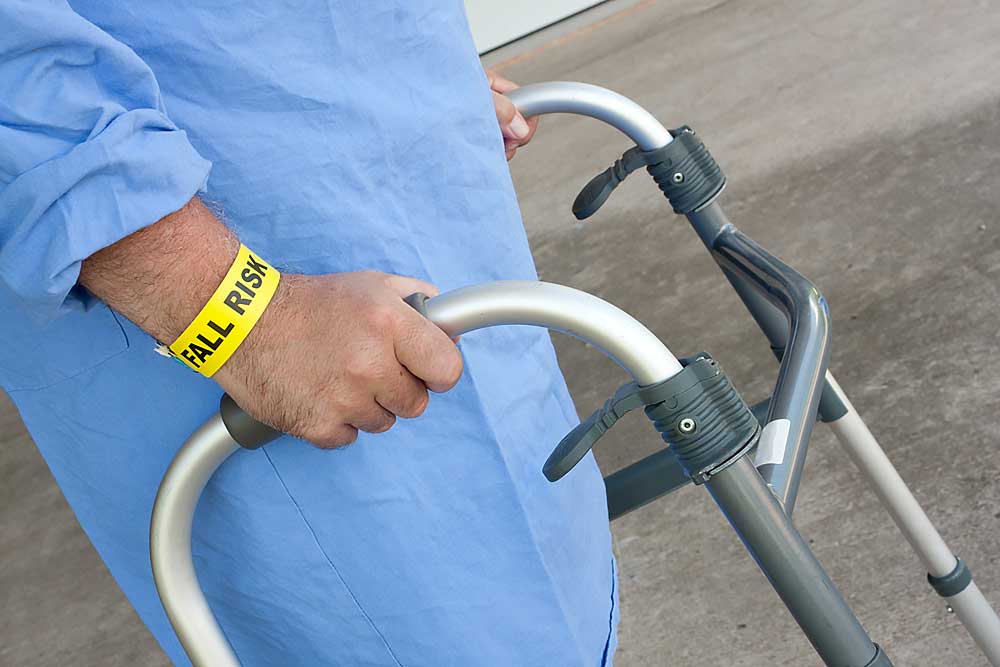
Today, our nation is home to an aging population. According to recent statistics, the number of elderly citizens will soon surpassed the number of children for the first time in United States history.
And for many states, that means an increase in residents relying on nursing home or long-term care facilities. That also, unfortunately, means an increased number of elderly abuse cases nationwide.
Resident numbers alone don’t automatically lead to an increase in abuse claims. Instead, nursing home abuse can happen for several reasons, and those reasons can vary from facility to facility and patient to patient.
Though there are many reasons why nursing home residents may experience abuse, there are a few primary factors that can make abuse more likely.
Staffing Shortages
One of the biggest issues leading to nursing home abuse and neglect is staffing, or more specifically, that lack thereof.
Staff shortages mean there are simply not enough qualified workers, including registered and licensed nurses, to accommodate the needs of patients. As a result, residents in understaffed facilities are at an increased risk for a variety of medical problems, including:
- Dehydration
- Diabetic emergencies
- Malnutrition and weight loss
- Bedsores
- Falls and injuries
- Infections
- Improper wound treatment
- Poor overall hygiene
- Isolation and depression

Inadequate Staff Training
Elderly individuals typically arrive at a nursing home because they are unable to properly care for themselves and as such need around-the-clock care. Each patient, however, has their own unique set of needs that also require skilled caretakers. These needs can be due to physical disabilities, cognitive impairments, or specific diseases and illnesses such as diabetes, cancer, organ failure, etc.
As such, nursing homes must employ and properly staff well trained individuals who perform in accordance with federal and state laws and regulations, medical guidelines, and individual patient care plans. Residents can suffer when one or more of the following are true:
- Caregiver(s) lack of appropriate education and certifications
- Caregiver(s) is unaware of patient rights
- Caregiver(s) is not trained to handle specific mental or physical conditions
- Caregiver(s) did not receive adequate training about facility policies and procedures
- Caregiver(s) is not qualified to perform specific tasks or duties assigned
When staff members are improperly trained, residents suffer. Poor or non-existent training can lead to an overall decrease in the quality of life, improper medical care, and even in some cases death.

Poor Facility Management:
Understaffing and poor training can play a primary role in nursing home abuse, but they can also be a symptom of a much larger issue: poor management. When facility leadership is inadequate, patient care will be inadequate, even with skilled and caring workers on staff. Poor management can also lead to
- Unsafe conditions for residents and workers
- Unsanitary conditions
- Improper handling of medication
- Worker fatigue and burnout
- Lack of accountability
- Unaddressed or unnoticed instances of above

Individual Resident Risks
All nursing home residents can be vulnerable to neglect and abuse, but there are some patients for which the risk is higher. These include individuals who fall into one or more of the following categories:
- Residents with Alzheimer’s or dementia or other cognitive impairments
- Non-verbal patients
- Functional dependent residents
- Residents that do not have frequent visitors
- Female residents
- LGBTQ residents
What do to if you suspect nursing home abuse:
Nursing home abuse is a serious problem that must be addressed quickly and efficiently. If you suspect a loved one or other resident is the victim of nursing home abuse, it’s important that you file a report with your local or state agencies. An attorney can also help you understand patient rights and help you identify the best path forward.
Learn more about what to do if you suspect nursing home abuse.
All nursing home residents deserve quality medical care, respect, and compassion. If you’re concerned about the rights of your loved one or have reason to believe elder abuse has occurred, contact us today.
Always be sure to document the abuse by capturing photos when possible, and keeping track of names, dates, and other evidence. In addition, always be sure to document the abuse, including photos as well as names and dates.

